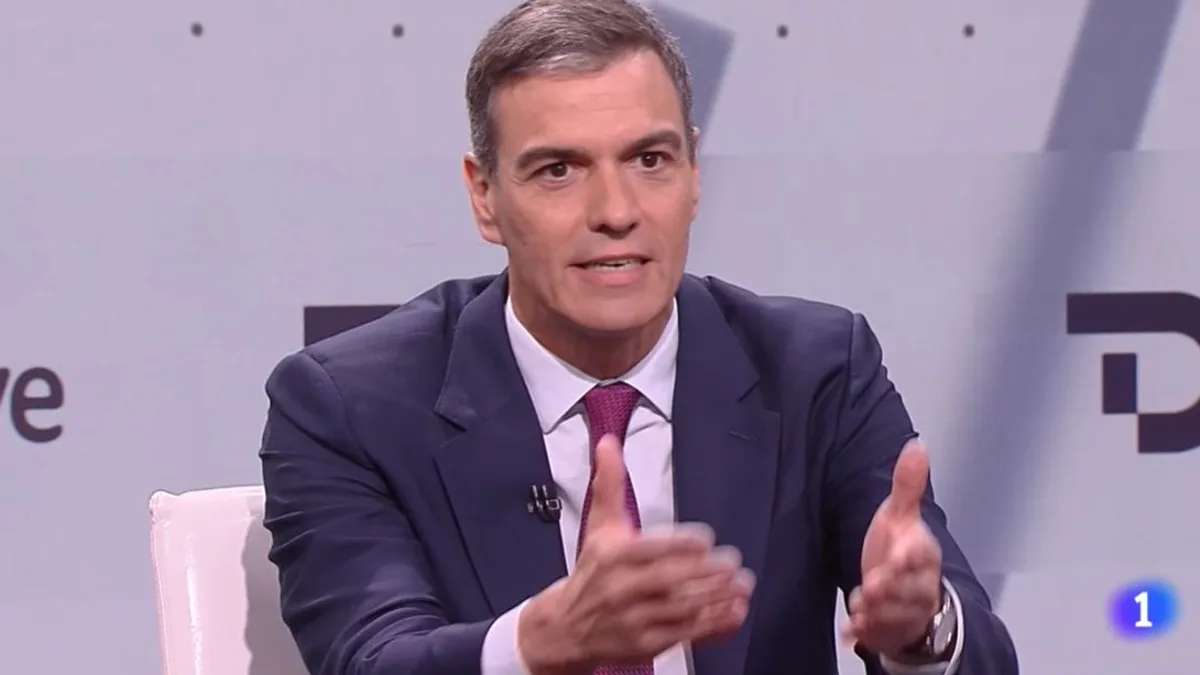By Phillip Molnar | San Diego Union-Tribune
Earlier this month, California fast-food workers started earning a $20 an hour minimum wage. The law applies to restaurants offering limited or no table service and which are part of a national chain with at least 60 establishments nationwide.
Proponents of the bill, and many fast-food workers, say the increase will help them pay bills, rent and other expenses in the state’s most expensive areas, like Southern California.
Opponents have argued wage gains will be passed to consumers, worker hours will be cut, and some franchisee owners say they might shut down. However, research from economic professors at UC Berkeley and the University of Victoria argues the data from past minimum wage gains hardly affected fast-food chains, helped retain workers and price increases were marginal.
They found every dollar increase in the minimum wage in California and New York led to an increase of the Big Mac by 12 cents, which researchers said was very small compared to what some opponents argued would happen.
Q: Is the negative effect of the $20 fast-food minimum wage overblown?
Economists
Alan Gin, University of San Diego
YES: There is significant economic research that shows that raising the minimum wage has minimal, if any, negative impact on employment. Part of the increased costs may be passed on to consumers through higher prices, with some estimates putting that at about 5 percent, or $0.50 for a $10 meal. The benefits of the increase include helping low-wage workers make ends meet, reduced poverty, especially for children, more tax revenue and lower aid expenditures for the state, and reduced racial inequality.
James Hamilton, UC San Diego
NO: These are temporary jobs for people who need them. A recent survey found 1 in 8 Americans had worked for McDonald’s at some point in their lives. Now fewer of these jobs are going to be available in California. We’ll see some franchises close and fewer new ones get started. Restaurants that stay will automate more jobs and charge higher prices. Chalk 2024 up as another year when California has a higher inflation rate than the rest of the country.
Norm Miller, University of San Diego
NO: For essential (inelastic demand) goods, higher costs simply mean higher prices. For restaurants with discretionary demand, there will be consumer resistance to higher prices. Some will go out of business if prices are raised too high. Some fast-food places will invest in more automation replacing labor. The net result is that some workers in more efficient restaurants and higher demand locations will do better. Others will be let go. For those let go, this is a big deal.
David Ely, San Diego State University
NO: While researchers have not reached a consensus on the impact of raising the minimum wage, we should be attentive to the potential for serious negative effects, including higher fast-food prices, lower employment in the industry, and a shift toward automation. The impact will extend to other restaurants as they are pressured to match wages to retain workers. The newly created Fast Food Council has the power to increase the fast-food minimum wage beyond $20.
Ray Major, SANDAG
NO: Average profit margins for fast-food restaurants are around 5 to 8 percent. Labor represents approximately 30 percent of restaurant costs, and there is no way that they can absorb a 25 percent cost increase in labor without putting their business at risk. Costs will be passed to consumers through price increases as evidenced by $15 burger meal combos and the $6 6-inch Subway sandwich “deal.” Gone are the days of the $5 footlong deal.
Caroline Freund, UC San Diego School of Global Policy and Strategy
YES: Any resulting price increases are likely to be small. Most fast-food restaurants are in urban areas where workers are in short supply and wages already approach $20. Some individually owned franchises may find the new minimum difficult to manage, especially those in low-wage areas. Indeed, research does not find evidence of widespread price or jobs effects from recent minimum wage increases. Eventually, however, if minimum wages keep increasing rapidly, they will bite.
Kelly Cunningham, San Diego Institute for Economic Research
NO: Raising the cost of labor above the value a worker generates for an employer will reduce employment and fall hardest on those having the least skills. When the job is eliminated or never created, the workers’ effective wage becomes $0. Focusing only on certain industries while allowing exemptions for some businesses distorts the labor market and will lead to unintended consequences, compounding expenses, and overwhelming the individual increase of wage rate imposed for some jobs.
Lynn Reaser, economist
YES: There are five considerations: prices, sales, jobs, hours and investment. Anecdotal evidence and academic studies suggest that price increases will be moderate, averaging 7 to 12 percent. The increase will irritate consumers, but they will grudgingly accept the higher prices. Restaurants need workers and will compete better with other industries. Worker turnover is a major cost for business and will be less with the $20 wage. Digital and other investment will continue to hold down costs.
Executives
Jamie Moraga, Franklin Revere
NO: Companies won’t absorb this increase; they raised prices in response. Consumers will also see higher service charges, reductions in food portions, less service and store closures. Companies will continue to pivot to automation, which can eliminate jobs, cut hours, and reduce benefits and compensation. Californians already have the highest prices across the board, and there’s no end in sight. The lack of affordability will drive both residents and businesses out of the state.
Haney Hong, San Diego County Taxpayers Association
NO: Money doesn’t grow on trees, and it’s coming from somewhere in the economy. We continue to see widening income inequality and growing poverty in California. Let’s not forget that recently many of us here thought that San Diego’s population was going to continue shrinking. The impacts are yet to be seen, and if this was intended to help the working poor, all the recent minimum wage increases don’t have a lot to show for it.
Phil Blair, Manpower
NO: We are naïve if we think mandated programs that increase the cost of doing business will not be passed on to consumers. Fast-food companies that are affected have two choices — raise prices or cut staffing levels. Or both. This mandate is especially unfair since it covers only large national chains and not middle or small operators. Legislation that targets one group of workers for increased benefits and not others seems innately unfair. Plus, labor supply and demand would have moved these workers up to this level on its own very soon.
Gary London, London Moeder Advisors
YES: The wage increase will undoubtedly raise fast-food costs. Consumers are more likely to pay than lower their consumption of fast foods. Higher wages are important. But many of these jobs are traditionally filled by teenagers as a valuable skill trainer. That seems to have been overlooked. It is also more likely that technology will take a good portion of these jobs, the net result possibly being the achievement of nothing.
Bob Rauch, R.A. Rauch & Associates
NO: Minimum wage increases for fast-food workers impact wages throughout the organization and market. They hurt the most vulnerable and harm total compensation as employers cut hours, reduce benefits, automate, or close. Minimum wage hikes result in fewer jobs, fewer hours, fewer benefits, and less consistent hours. Minimum wage increases also destroy teen job opportunities and cause prices to rise. Expanding job opportunities through pro-growth policies raises wages for all. Imagine if California did that.
Austin Neudecker, Weave Growth
YES: Generally speaking, incremental increases to the minimum wage have a net positive economic impact. However, I take issue with the new wave of minimum wage bills that target specific industries or professions. I do not understand why some workers should have a different minimum. Such laws will continue a cascade of selfish lobbying rather than a reasonable assessment of the cost of living, economic viability, state competitiveness, and other factors.
This story originally appeared in San Diego Union-Tribune.
Related Articles
Los Angeles city bus workers approve contract for higher wages and benefits
Senator Bernie Sanders joins striking workers at Hotel Figueroa in downtown L.A.
LA region observes Cesar Chavez Day 2024
Confusion reigns: Which fast food workers will get paid more in California?
Workers at 34 Southern California hotels will see their pay rise in new labor contracts





